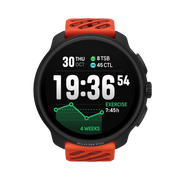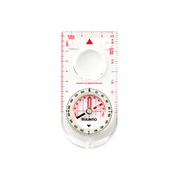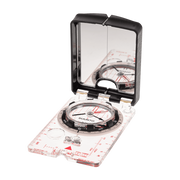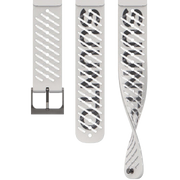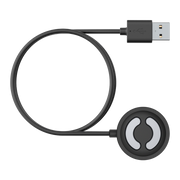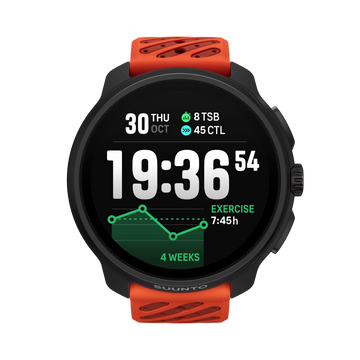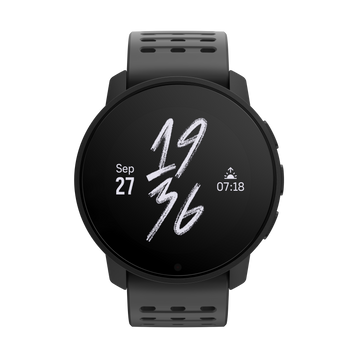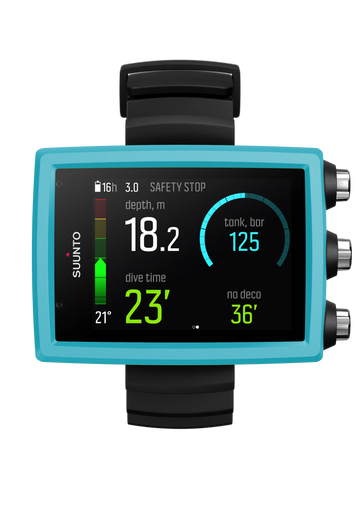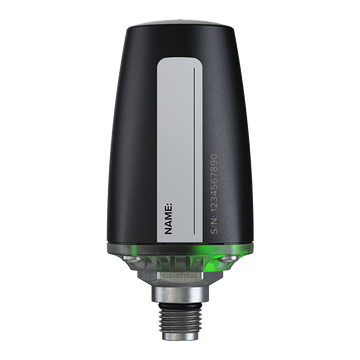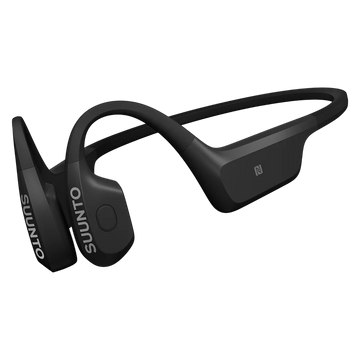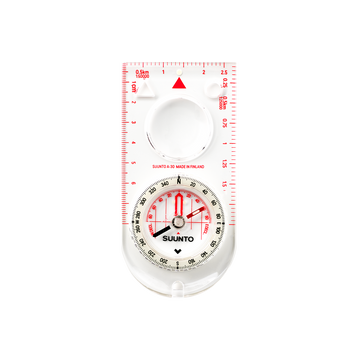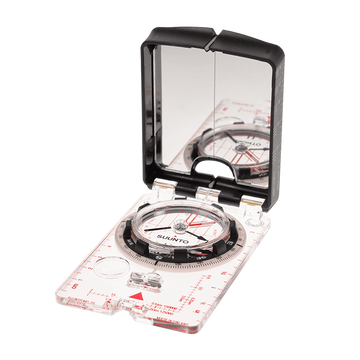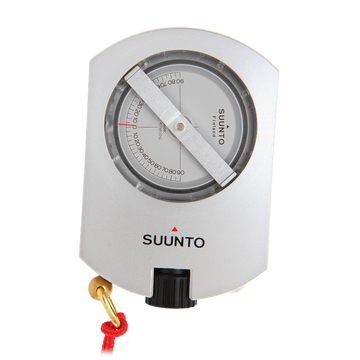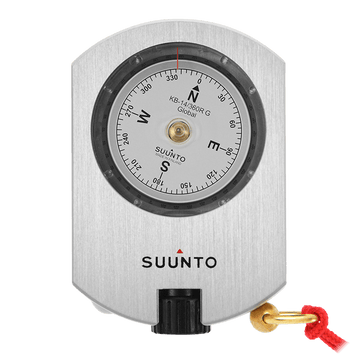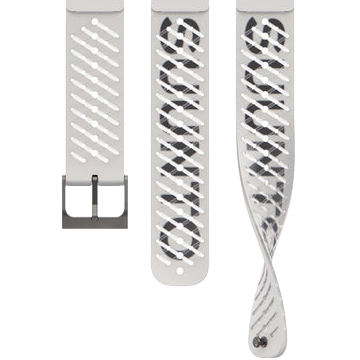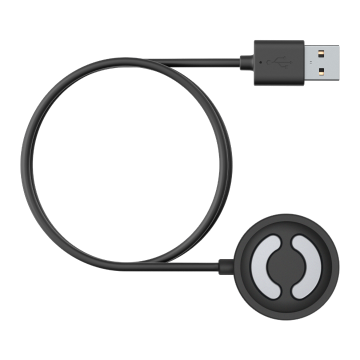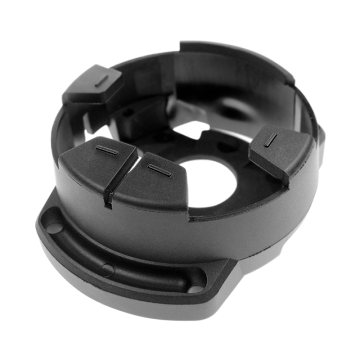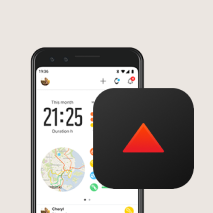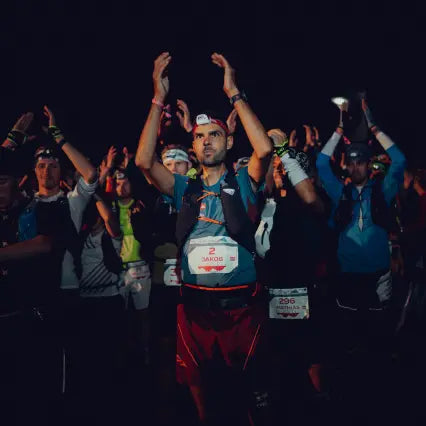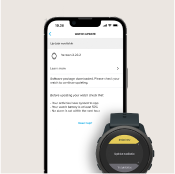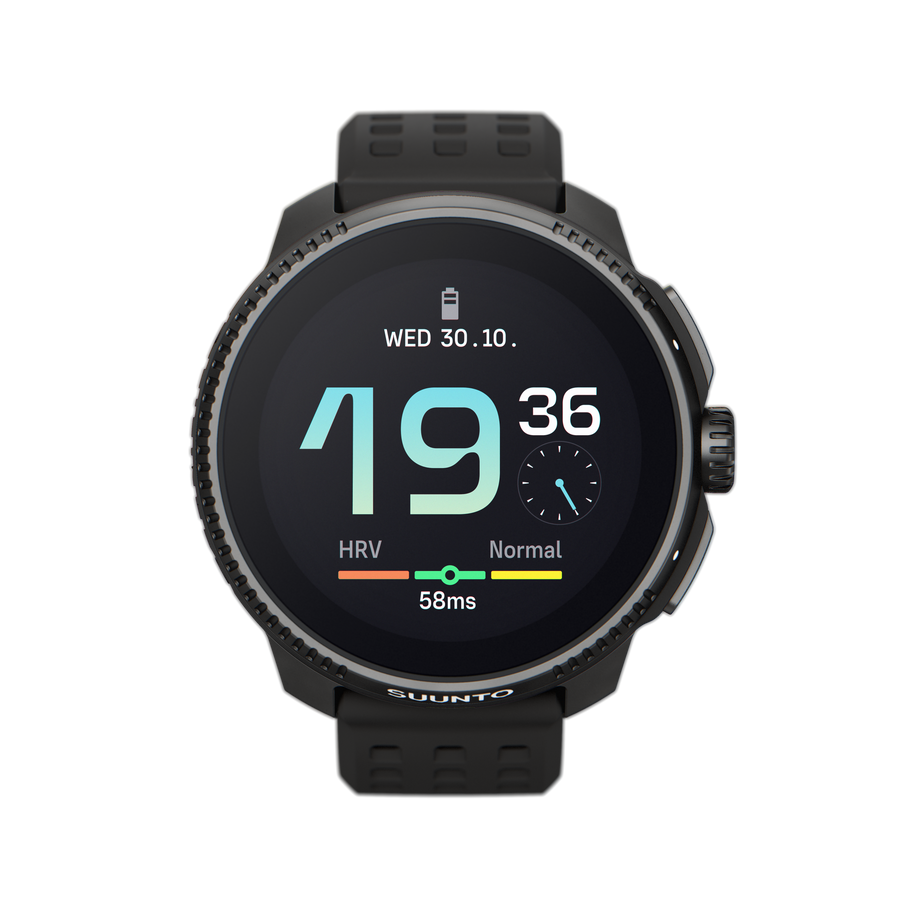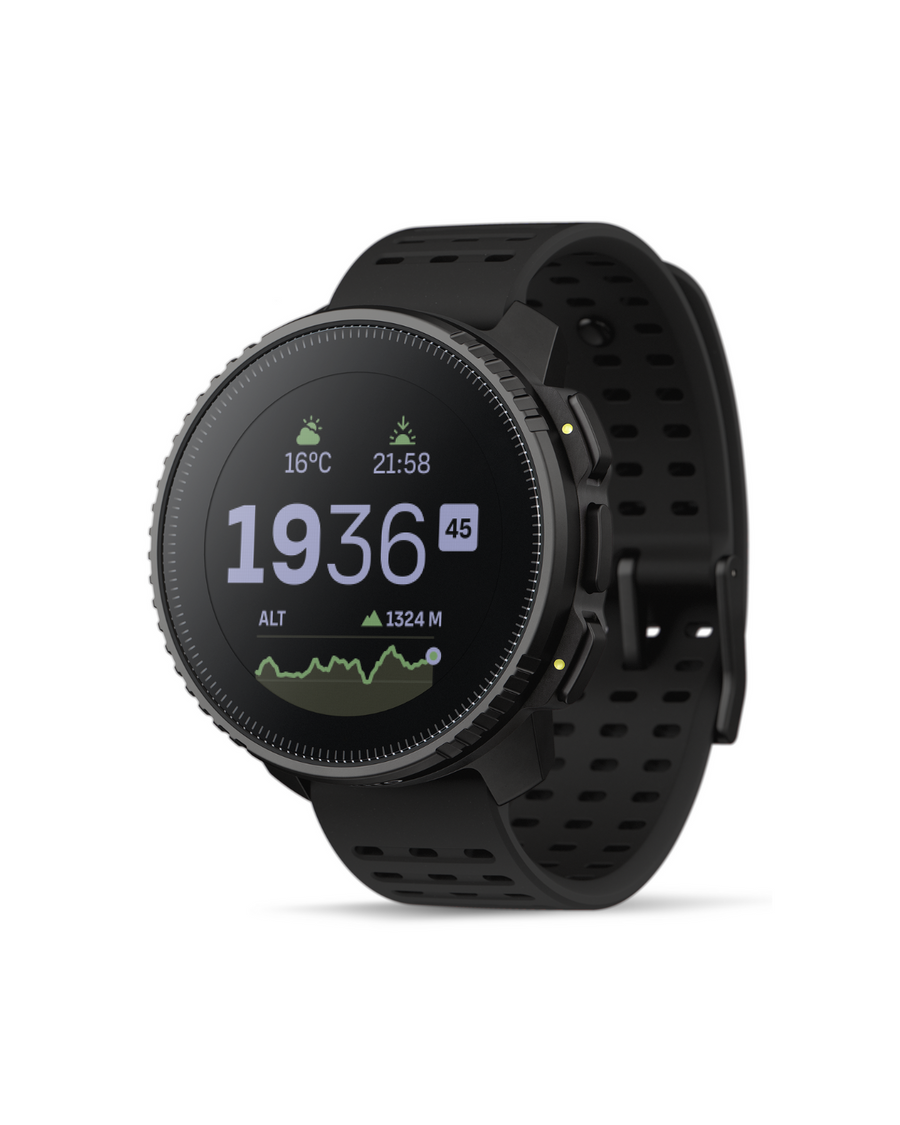Heart rate variability, also known as HRV, has become a popular health marker because it reflects how well your body handles stress, recovery, and overall wellness. If you have ever wondered why my HRV is very low, you are not alone, as many people often ask this question. However, this is not dangerous, but understanding low heart rate variability can help you feel better and perform your best.
In this article, we will explain what lower HRV means and the common causes of low HRV during sleep. Besides this, we will explore whether it is normal to have a lower HRV during sleep and how you can raise it naturally.
Content Table:
- Part 1: What Does Low HRV Mean?
- Part 2: Common Causes of Low HRV During Sleep
- Part 3: Lower HRV While Sleeping—Should You Worry?
- Part 4: How to Improve Heart Rate Variability?
- Part 5: Monitor HRV with Suunto Sports Watch
Part 1: What Does Low HRV Mean?
First, let’s explain HRV in simple words. HRV stands for heart rate variability, and it measures the small differences between each heartbeat. Even if you feel like yours is beating evenly and is normal, it actually changes a bit with each beat.
Therefore, when we say "low heart rate variability," we mean your heart shows small differences between beats. A higher HRV usually means your body is adaptable, resilient, and managing stress well. On the other hand, a very low HRV often indicates that your body is tired, stressed, or not recovering properly. This means your body is working to respond to the challenges. Although it’s not an illness by itself, it’s a useful sign to notice and understand.
Part 2: Common Causes of Low HRV During Sleep
Understanding the main causes behind low HRV during sleep is important, as it helps you understand why it is happening. When you know why it is happening, you can better prepare yourself to avoid it.
Usually, the causes of low HRV during sleep vary, but most of them are linked to how your body and mind handle recovery. Here are some of the most common factors that may cause low HRV:
a) Ongoing stress
When you don’t resolve the stress during the daytime, it often follows you into the night. As a result, even if you fall asleep quickly, your nervous system may stay on high alert. This keeps HRV lower and makes it harder to enter restorative sleep stages such as deep sleep and REM.
b) Uncomfortable sleep environment
On the other hand, your sleep setting also plays a big role. Factors such as background noise, light, or room temperature (either too warm or too cold) can disturb your body. While you may not notice these disruptions, they keep your nervous system from fully relaxing, which reduces HRV.
c) Alcohol or heavy late-night meals
In addition, lifestyle choices such as drinking or eating late at night can lower HRV. Drinking too much Alcohol or caffeine raises heart rate, interferes with melatonin, and disrupts the body’s natural rhythm. Likewise, a heavy dinner usually late at night keeps your system working harder to digest food, which slow down the cooling process your body needs for quality sleep.
d) Overtraining
That’s true. Training too much without giving your body proper time to recover is another factor. Generally, after intense exercise, HRV dips as the body is still in repair mode. This means a temporary drop is normal, but if HRV remains low for several nights in a row, it may point to overtraining or insufficient recovery.
e) Illness or inflammation
Finally, your health status matters too. When your body is fighting illness or inflammation, the immune system focuses on defense rather than recovery. As a result, HRV naturally stays lower until the body heals.
Part 2: Lower HRV While Sleeping—Should You Worry?
It is one of the most commonly asked questions: “Is lower HRV during sleep bad?” The answer is not necessarily. As your body goes through different phases during sleep, such as light sleep, deep sleep, and REM sleep, each phase affects your heart’s rhythm differently. Let’s understand why:
During sleep, when you are in a deep sleep, you typically have smoother and steadier heartbeats. However, as your body is at rest, HRV may dip.
But in REM (rapid eye movement) sleep, your heart rate can jump a bit, and this may result in higher or more variable HRV.
Therefore, if you see a pattern of somewhat lower HRV while sleeping, it doesn’t mean you have any problem; it’s a normal sleep architecture. However, if your HRV drops severely or stays very low across multiple nights, that could signal poor sleep quality, high stress, or an underlying health concern.
Part 3: Lower HRV While Sleeping—Should You Worry?
It is one of the most commonly asked questions: “Is lower HRV during sleep bad?” The answer is not necessarily. As your body goes through different phases during sleep, such as light sleep, deep sleep, and REM sleep, each phase affects your heart’s rhythm differently. Let’s understand why:
During sleep, when you are in a deep sleep, you typically have smoother and steadier heartbeats. However, as your body is at rest, HRV may dip.
But in REM (rapid eye movement) sleep, your heart rate can jump a bit, and this may result in higher or more variable HRV.
Therefore, if you see a pattern of somewhat lower HRV while sleeping, it doesn’t mean you have any problem; it’s a normal sleep architecture. However, if your HRV drops severely or stays very low across multiple nights, that could signal poor sleep quality, high stress, or an underlying health concern.
Part 4: How to Improve Heart Rate Variability?
If you are experiencing lower HRV for a long period, you need not worry, as you can improve it with simple and friendly habits.
1.Sleep well every night:
As the doctor suggests, aim for 7-9 hours of quality sleep with a regular schedule. This will calm down your autonomic system and help your body adapt better.
2.Move your body moderately:
Go for a daily walk, light jogging, or stretching, as it keeps your heart healthy. However, avoid overdoing it, as it can drag HRV further down.
3.Practice relaxation techniques:
Relaxation techniques such as deep breathing, gentle yoga, or mindfulness can be beneficial to improve your HRV by relaxing your nervous system.
4.Manage stress actively:
Whether talking with friends, writing in a journal, or simply taking breaks, balancing stress helps your heart recover quickly.
5.Eat well and hydrate:
Stop eating junk food and go for fresh fruits, veggies, lean proteins, and good fats. Eating healthy food will support your nervous system. Additionally, drinking water matters too, so hydrate consistently.
6.Limit caffeine and alcohol:
Limit caffeine and alcohol, especially near bedtime, since both can disrupt sleep and lower HRV.
Part 5: Monitor HRV with Suunto Sports Watch
If you’re curious about how to monitor your HRV in a simple and reliable way, the Suunto sports watch can be the perfect choice. Instead of guessing whether your lifestyle habits are improving your low heart rate or how your heart is performing, Suunto gives you accurate data, clear trends, and easy-to-read charts right on your wrist.

Some of the main features of the Suunto sports watch include:
- Monitoring Sleep
- HRV tracking
- Training Mode
- Accurate heart rate monitoring
- Accurate GPS tracking
- Military-grade durability
- Long Battery Life
Conclusion
So, why is my HRV very low, and how do I improve it? The answer lies in looking at your daily habits, stress levels, and overall health. While occasional low readings are normal, consistently low HRV during sleep can mean your body needs better rest, stress management, and recovery. By improving your sleep cycle, staying active, eating well, and managing your stress, you can help raise your low heart rate variability. Additionally, keep track of your everyday activity, sleep cycle, and HRV to support your heart, body, and mind for long-term wellness.
